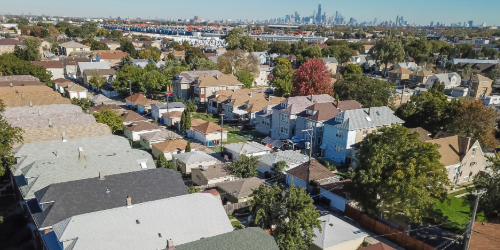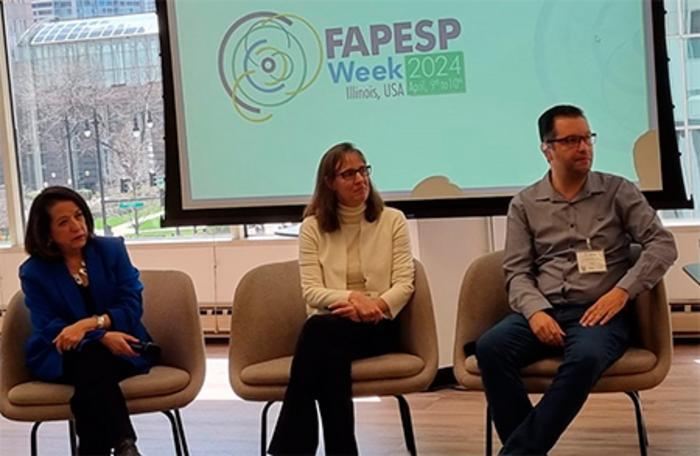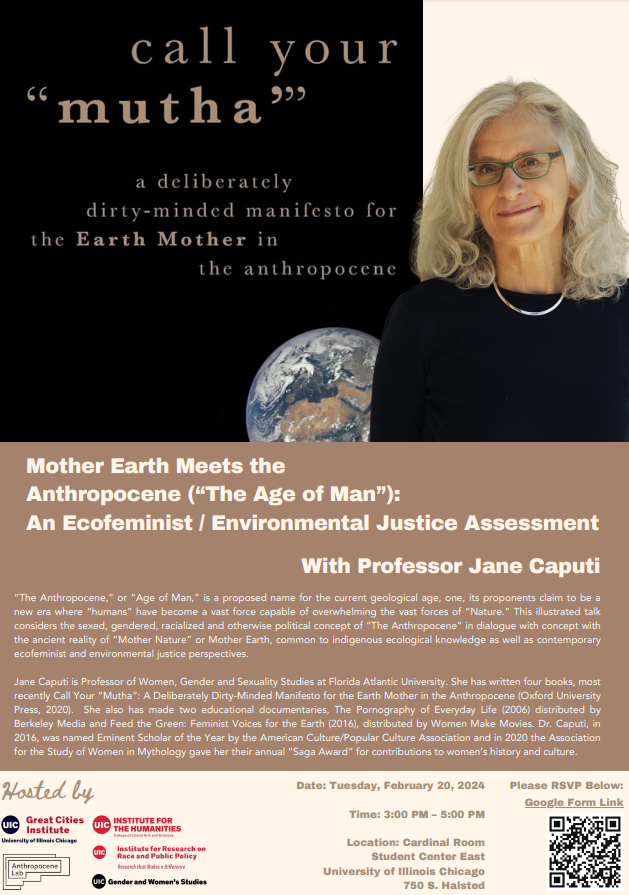
As it seeks to protect Illinois’ public funding of health coverage for noncitizens, the Healthy Illinois Campaign is touting the benefits that coverage brings to immigrants, their families, communities and the state as a whole.
From Crain’s Chicago Business (To go to the actual article, please click on this link.)







